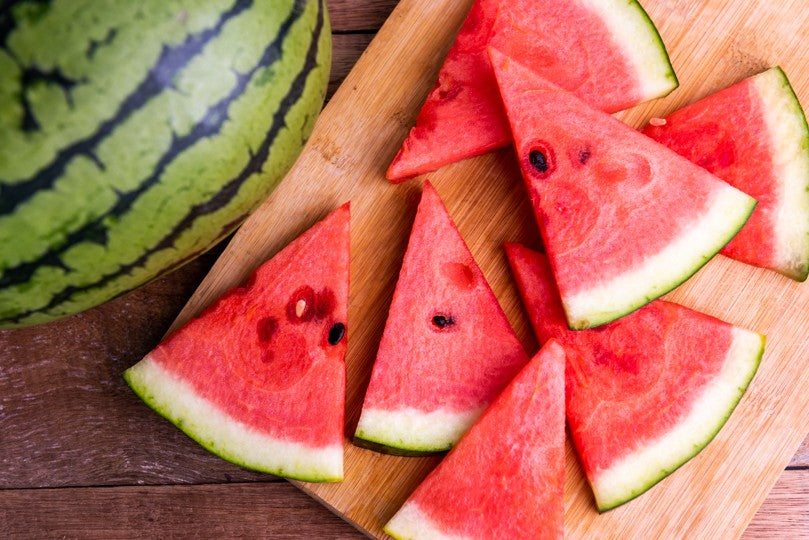
Vegan Diet Plan
Complete Plant-Based Nutrition Guide

Transform your health with a complete plant-based nutrition plan. Ethically sourced, environmentally sustainable, and nutritionally complete - discover the power of vegan living with expert guidance.
What Is a Vegan Plan?
A Vegan Diet excludes all animal-derived products and focuses entirely on plant-based foods. It's rooted in ethics, sustainability, and health.
Science Shows: Well-planned vegan diets can be nutritionally complete and provide significant health benefits including improved heart health, weight management, and reduced disease risk.
Heart Health
Lower LDL cholesterol and blood pressure through plant-based nutrition
Weight Management
Naturally lower in calories and higher in fiber for healthy weight control
Blood Sugar Control
Supports insulin sensitivity and reduces diabetes risk
Reduced Inflammation
Thanks to antioxidant-rich plant foods that fight inflammation
Lower Cancer Risk
Especially for colorectal, breast, and prostate cancers
Environmental Impact
Reduces greenhouse gas emissions and resource use significantly
Essential Plant-Based Foods
A well-designed vegan plan includes these nutrient-dense food groups:
Plant Proteins
Complete amino acid profiles
Lentils, chickpeas, tofu, tempeh, edamame, quinoa, seitan
Whole Grains
Complex carbs & B-vitamins
Brown rice, oats, barley, bulgur, whole wheat pasta
Healthy Fats
Essential fatty acids
Avocados, nuts, seeds (chia, flax, hemp), olive oil
Vegetables
Vitamins, minerals & antioxidants
Leafy greens, cruciferous veg, root veg, colorful varieties
Fruits
Natural sugars & fiber
Berries, citrus, bananas, apples, mangoes, seasonal fruits
Fortified Foods
Essential nutrients
Plant milks, cereals, nutritional yeast (for B12, calcium, vitamin D)
Key Nutrients to Watch
To ensure optimal health on a vegan diet, focus on these essential nutrients:
Vitamin B12
Fortified foods or supplements - essential for nerve function and red blood cells
Iron
Pulses, leafy greens + vitamin C for enhanced absorption
Calcium
Tofu, fortified plant milks, leafy greens for strong bones
Omega-3s
Chia, flax, walnuts, algae-based supplements for brain health
Vitamin D
Sunlight, fortified foods, supplements especially in winter
Zinc
Nuts, seeds, legumes for immune function and wound healing
Expert Tip: Combine iron-rich foods with vitamin C sources (citrus, bell peppers, strawberries) to maximize iron absorption from plant foods.
Who Is It Best For?
A vegan plan suits a wide range of individuals and lifestyles:
Ethical Consumers
Those avoiding animal exploitation and supporting cruelty-free living
Environmental Advocates
Seeking sustainable food systems and reduced carbon footprint
Health-Conscious Individuals
Managing weight, cholesterol, blood sugar, or preventing chronic disease
Athletes & Professionals
Optimizing performance with plant-based nutrition and clean energy
Corporate Wellness
Promoting inclusive, sustainable menus in workplace programs
Families
Teaching children compassionate eating and environmental responsibility
Important Note: Not recommended for individuals with certain nutrient absorption issues unless properly supplemented, or those unwilling to plan meals carefully.
FREE App Access Included
Get exclusive access to our comprehensive vegan nutrition app:
Meal Planning
Weekly vegan meal plans with shopping lists and prep guides
Plant-Based Recipes
500+ delicious vegan recipes for every meal and occasion
Nutrient Tracking
Monitor B12, iron, calcium, omega-3s, and other key nutrients
Smart Shopping
Vegan product scanner and ingredient checker
Education Hub
Learn about plant-based nutrition and ethical living
Community Support
Connect with other vegans and share your journey
Frequently Asked Questions
Will I get enough protein on a vegan diet?
Absolutely! Our plan includes diverse protein sources like lentils, chickpeas, tofu, tempeh, quinoa, and seitan that provide all essential amino acids. With proper planning, you can easily meet or exceed protein requirements while enjoying delicious plant-based meals.
What about vitamin B12 and other nutrients?
Our plan includes detailed guidance on obtaining all essential nutrients. B12 is available through fortified foods (plant milks, cereals, nutritional yeast) or supplements. We provide comprehensive strategies for iron, calcium, omega-3s, zinc, and vitamin D to ensure complete nutrition.
Is this suitable for athletes and active individuals?
Yes! Many elite athletes thrive on plant-based nutrition. Our plan includes higher-protein options, pre/post-workout meals, and nutrient timing strategies to support athletic performance, muscle recovery, and endurance. You'll have all the tools needed to excel physically while eating vegan.
Start Your Plant-Based Journey
Join thousands who have transformed their health, supported animal welfare, and reduced their environmental impact through plant-based nutrition. Get your complete vegan guide, delicious recipes, and expert support today.

